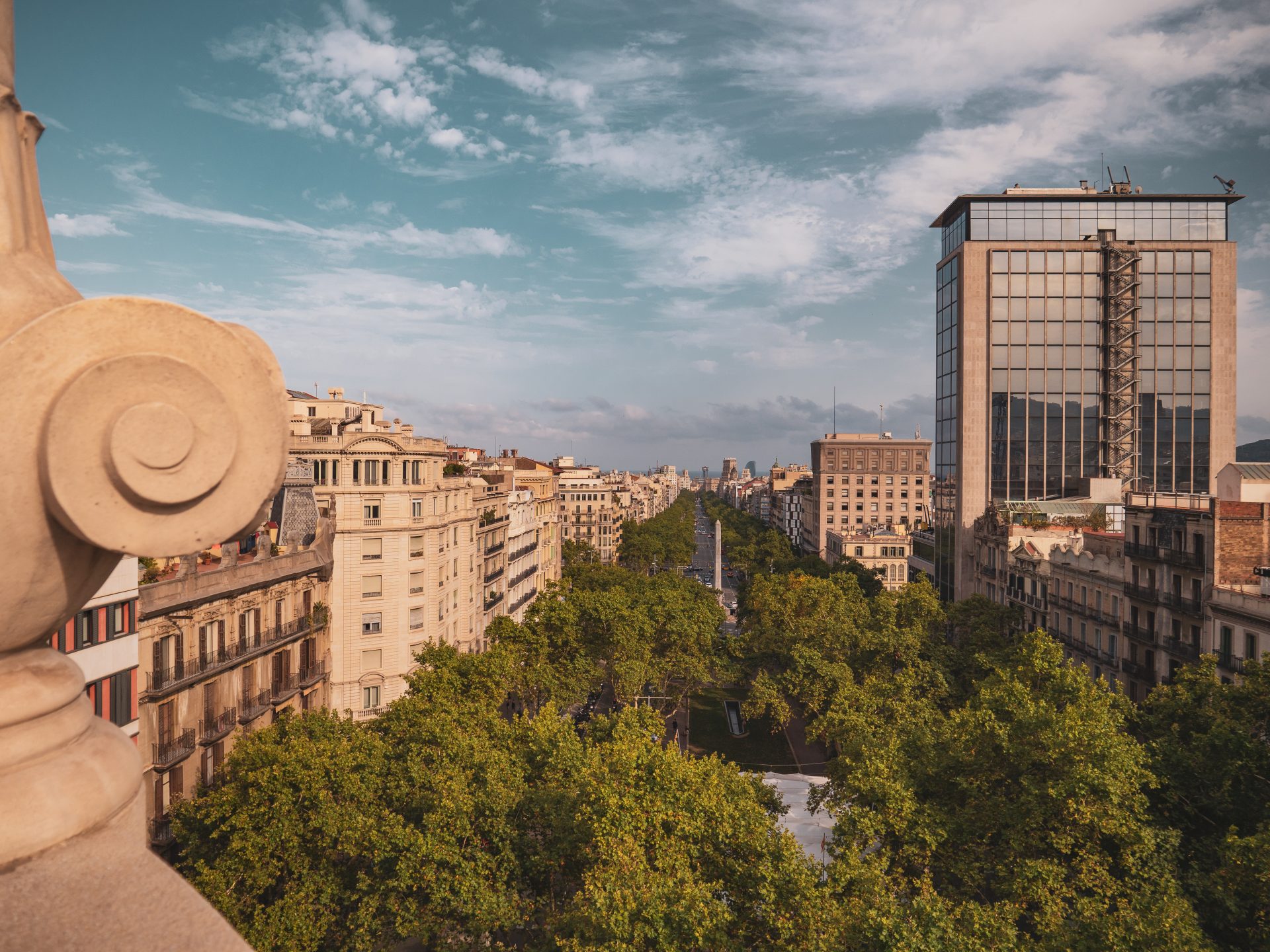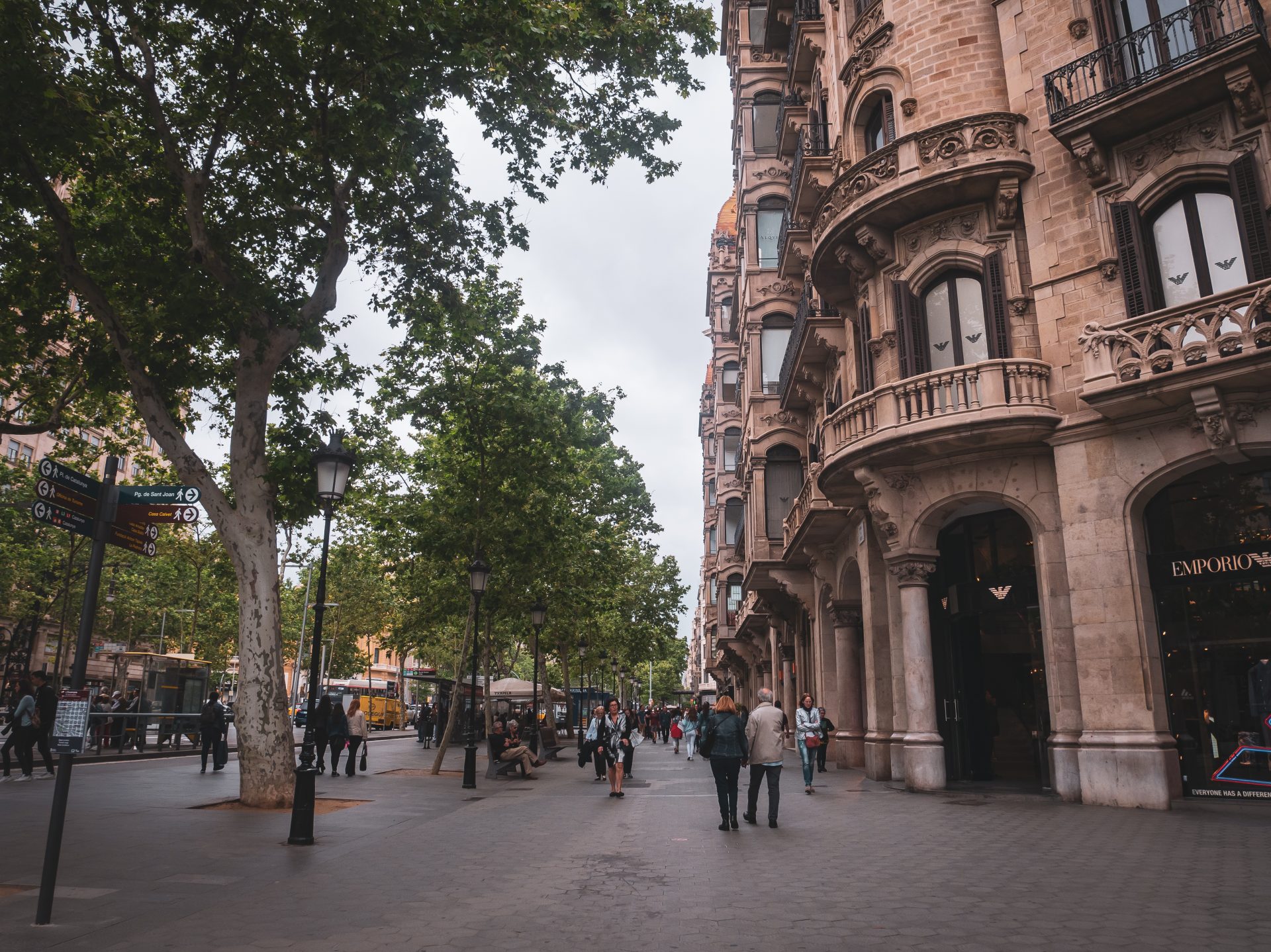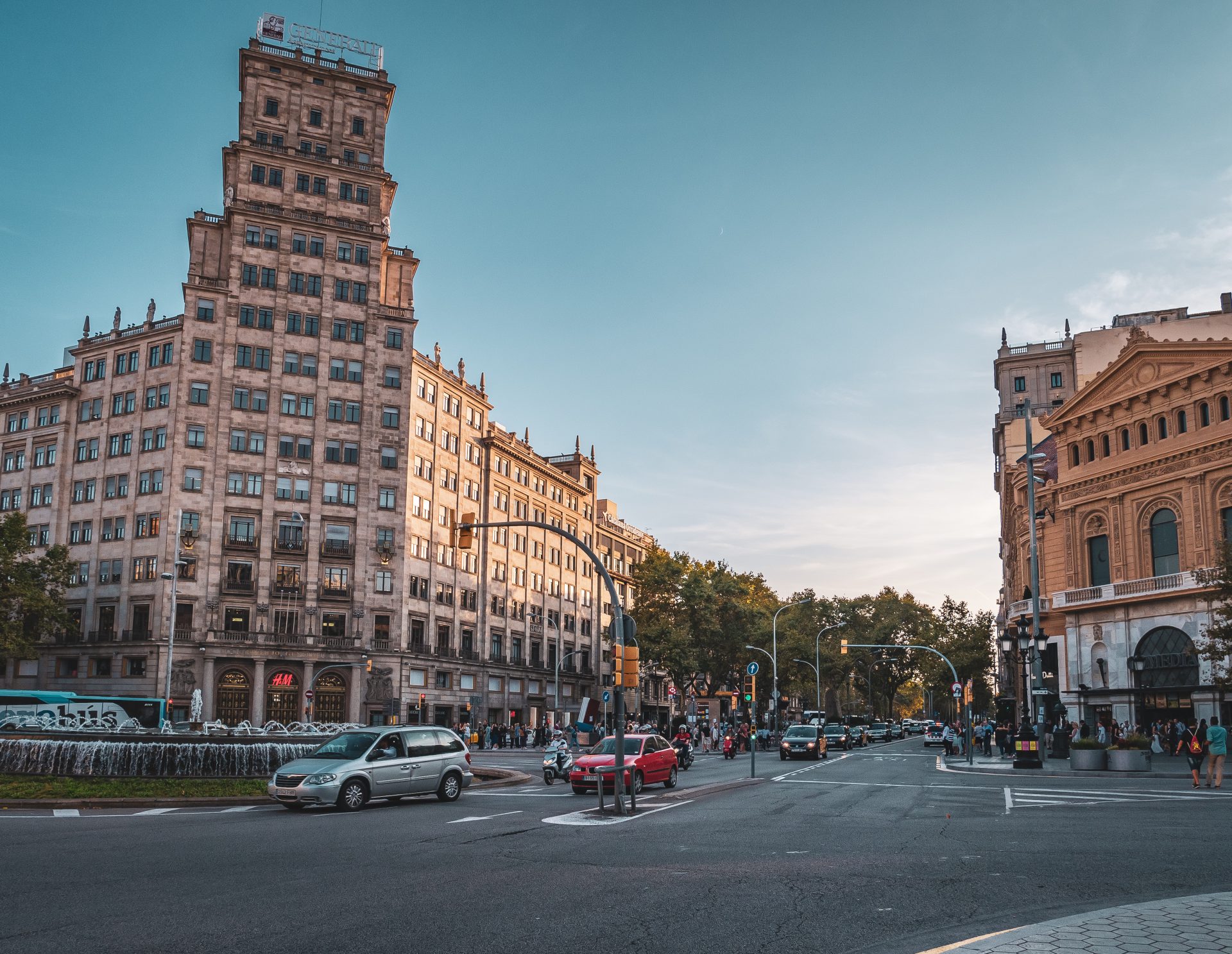Passeig de Gràcia's antique bookstores

Among the establishments of all kinds that have marked the history of Passeig de Gràcia there have been several bookstores that no longer exist or that have changed their location, but that undoubtedly have had an important weight in the cultural life of the city, and that form part of the sentimental history of several generations.

One of them is Jaimes, which left the Passeig in 2013 to reopen in a new location very close to its old location, on València street between Bruc i Llúria. Jaimes was founded in 1941 on the Avinguda Diagonal – between Girona and Bailén streets- by Jaume Porta, who called it that because the authorities did not let her name it in Catalan or in English. One of the great specialties of Jaimes was french, thanks to the fund obtained through the French Lyceum.

The bookshop Jaimes also had -as now- an art gallery and there made its first exhibition the great artist Francesc Vila Rufas Cesc, author of the design of the gift paper of the bookstore.
French literature was also one of the hallmarks of the Librería Francesa, which opened in the Passeig de Gràcia in 1942 at the hands of the firm Hachette, as a branch of an original bookshop located on the Rambla. In the seventies -times in which France was seen as a horizon of freedom- the Librería Francesa underwent a profound remodeling and expansion that turned it into a large three-storey bookshop. It closed its doors in the year 2002.

Very close to the Passeig de Gràcia was located an emblematic enclave of anti-Franco cultural life: the bookstore Cinc d’Oros, which took its name from the popular name of the square located at the confluence between Avinguda Diagonal and Passeig de Gràcia. Founded in 1969, the Cinc d’Oros facilitated access-clandestinely-to books banned by the Franco regime, which made it a victim of a fascist attack in 1971. Now, a lectern recalls the history of the bookstore in front of the place where it was located.
